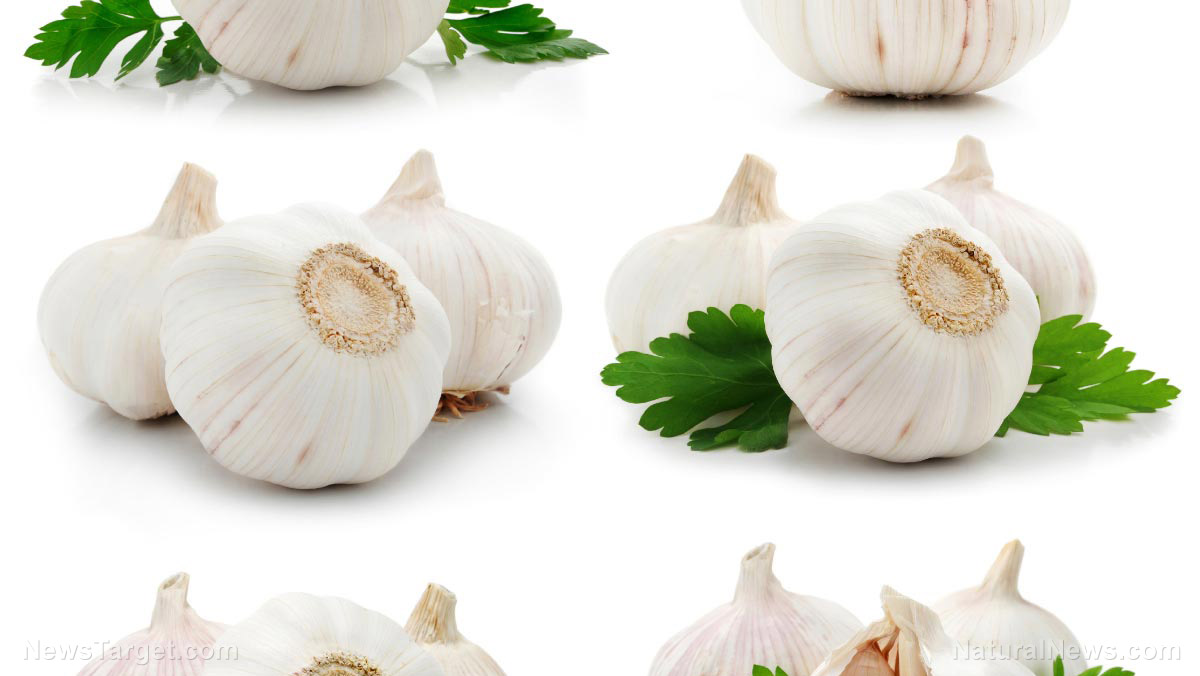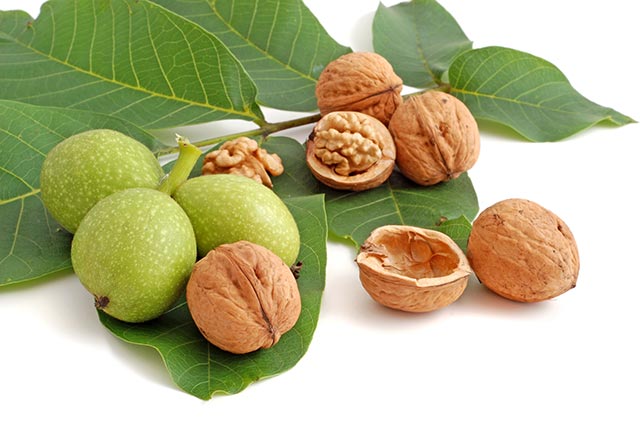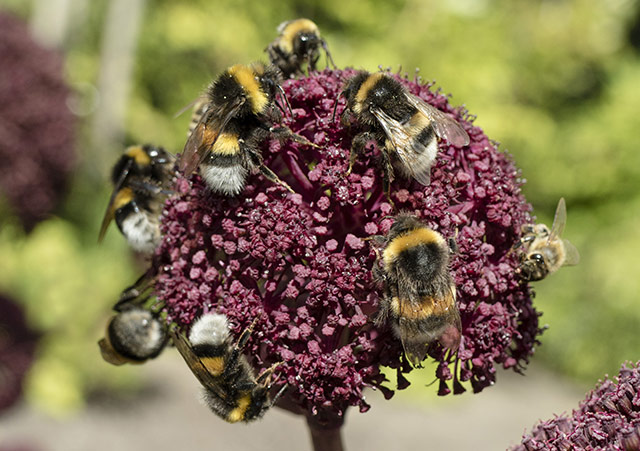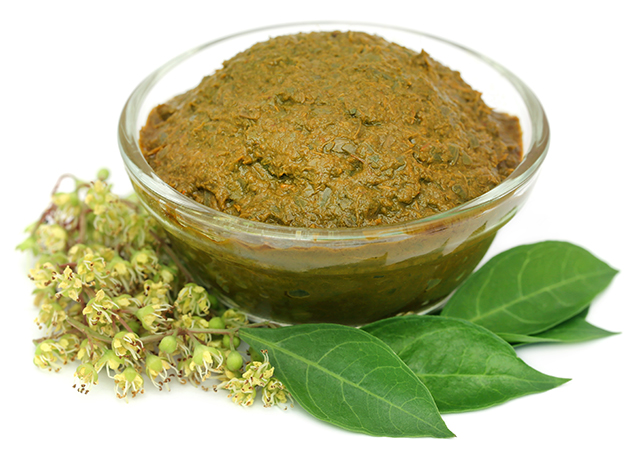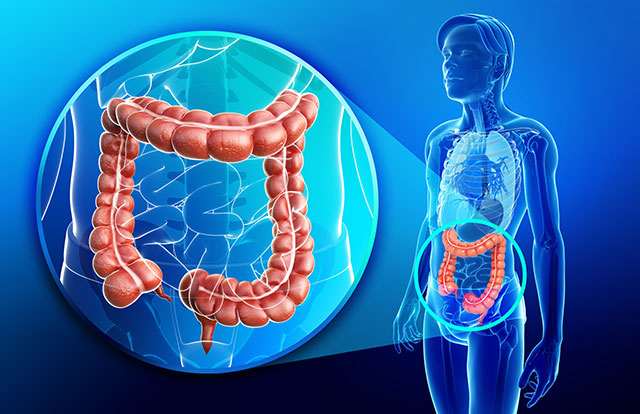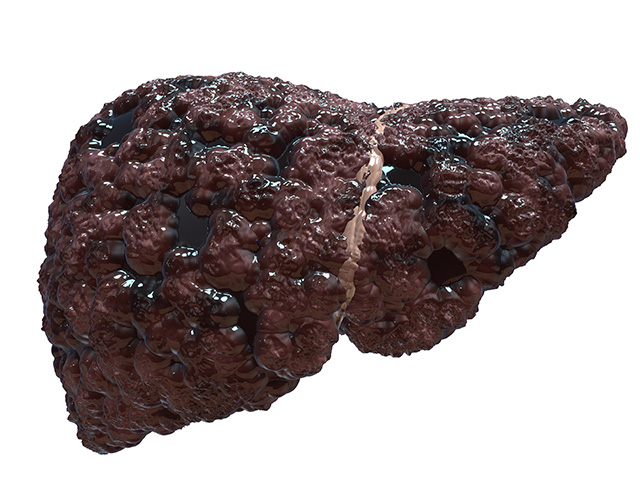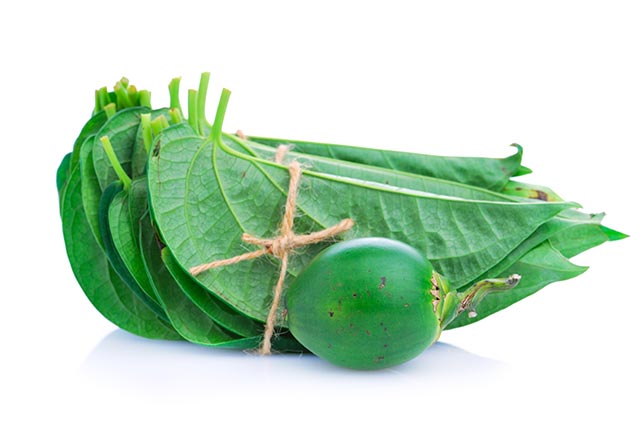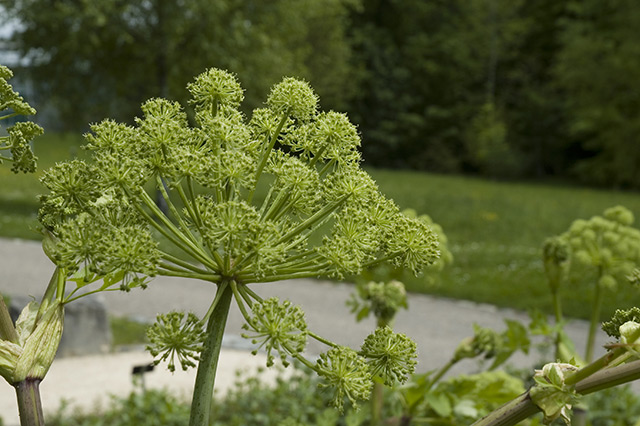Research shows that eating citrus fruits can reduce stroke risk
10/24/2018 / By Zoey Sky

Citrus fruits are rich in vitamin C, which can help strengthen the immune system. But according to study, citrus fruits can also help lower your risk of stroke.
Earlier research has determined that certain orange phytochemicals can even help protect against intracerebral hemorrhage and significantly improve blood flow in the brain.
The study, which was conducted at the University of East Anglia, showed that eating citrus fruits, especially oranges, can greatly reduce the risk of ischemic stroke. The scientists involved in the study compared the health of women who consumed oranges and grapefruit regularly to those who did not.
Flavonoids and blood vessel health
The researchers examined the flavonoid content of citrus fruits and how they affect blood vessel health. They also analyzed an estimated 14 years’ worth of Nurse’s Health Study data, which monitored the health and diets of around 70,000 women.
The researchers studied correlations among six flavonoid sub-classes from citrus fruits linked to risks of hemorrhagic, ischemic, or complete stroke. (Related: Citrus Extracts Found to Enhance Heart Health in Small Study.)
Data revealed that the women who ate the highest amounts of orange and grapefruit, along with juices from the two fruits, had better blood circulation and a 19 percent reduced stroke risk associated with blood clotting compared to the women who didn’t eat the same amount of citrus fruit.
Separate studies of flavonoids in fruit confirm these results. Overall, an increased consumption of various kinds of fruit can help lower stroke risk and improve one’s well-being.
In a separate study, which was conducted in 2011 at the Western University in London, Ontario, it was determined that flavonoids can also help prevent weight gain. Data from the study revealed that nobiletin, a tangerine flavonoid, helped minimize the risk of both Type 2 diabetes and obesity in mice. The mice that received the nobiletin flavonoid didn’t have these health problems while the other mice “became obese, developed Type 2 diabetes, and had atherosclerosis and fatty liver issues.”
The findings of a 2012 Japanese study showed that satsuma mandarin orange juice and pulp can inhibit tumor growth in cancers of the colon, lung, and tongue.
Vitamin C is a powerful antioxidant that can inhibit free radical damage in cells. Meanwhile, the nobiletin in citrus fruit is also linked to apoptosis, or the programmed cell death of cancer cells.
In another study, researchers from the Oregon Health & Science University discovered a crucial link between eye health and the vitamin C content of citrus fruit. Study data revealed that retinal nerve cells were in better condition due to the vitamin. The researchers added that vitamin C may also improve brain and nervous system health.
While natural fruit juice is full of beneficial nutrients, these studies show that you can enjoy more health benefits by consuming whole and organic grapefruits, oranges, and other citrus fruits instead. Unlike juices, whole fruits contain more vitamins and nutrients. Citrus fruits also contain less sugar and more fiber.
Fast facts about oranges
Oranges are also called sweet oranges. The fruits grow on orange trees (Citrus x sinensis).
- The true origin of oranges is unknown, but it is believed that the cultivation of oranges began in eastern Asia thousands of years ago.
- Now, oranges are grown in some of the warmer regions of the world.
- Oranges are consumed as either fresh fruits or juice.
- Oranges are rich in antioxidants, fiber, folate, thiamin, and vitamin C.
- Oranges are mostly made up of carbs and water. The fruits are also very low in calories, fat, and protein.
- Most of the carbohydrates in oranges are made up of simple sugars like glucose, fructose, and sucrose. These simple sugars give oranges a sweet taste.
You can read more articles about citrus fruits and natural ways to reduce stroke risk at Heart.news.
Sources include:
Tagged Under: cardiovascular diseases, cardiovascular health, citrus fruits, flavonoids, fruit juice, fruits, grapefruit, heart health, ischemic stroke, natural health, Oranges, prevention, research, stroke risk

